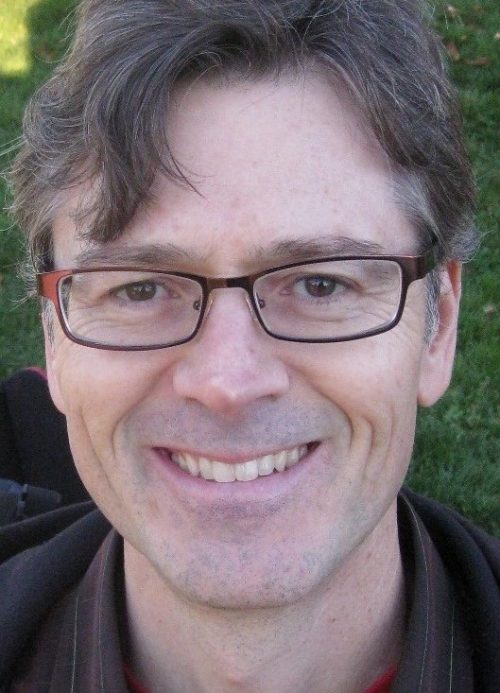This content was published: March 12, 2020. Phone numbers, email addresses, and other information may have changed.
Faculty Spotlight #7
Posted by raquel.salazar
Sustainability is practiced all throughout PCC, from innovative waste management and learning gardens to solar energy and active transportation. But do you know about the faculty who include sustainability in their classes? Every week on our Sustainability blog and social media accounts we will share a faculty member who integrates sustainability into their course curriculum. PCC faculty have the ability to educate and extend sustainability efforts to students, creating positive change in our communities. Follow our Sustainability Blog and PCC_Sustain on Instagram and Twitter to learn about these inspiring faculty members! If you are a faculty member or know of one practicing sustainability efforts, please email sustainability@pcc.edu to be featured!

For this week’s spotlight, meet professor Andrew Butz! Andrew is a sociology professor and teaches the course, Sociology in Everyday Life (SOC204). This course comes with a broad cultural context, & so it’s among his most memorable curricula for sustainability. Andrew shows students the famous 1968 “earthrise” photo, and asks if they know what’s surprising about it. As it is the very first photograph of the whole earth (taken by a NASA moon mission astronaut), the photo launched the currently ongoing transformation of how humankind sees ourselves. The image was taken during a momentous period of worldwide counter-cultural 1960s protest – largely directed against ‘the establishment’ (which NASA’s moon mission ironically represented). And yet just 16 months after that Christmas 1968 photo, by the time of the first Earth-day 1970, the image had come to represent the growing ecology movement worldwide (which was a direct spin-off of the antiwar and other protest movements).
This illustrates and helps teach how dominant cultures and their countercultures have complex, interactive dynamics – and also that technological innovations can have unintended consequences. Indeed, a number of astronauts later explained how the most lasting impact of their mission was the way it transformed their view of the preciousness of planet earth, along with humanity’s pivotal role.
